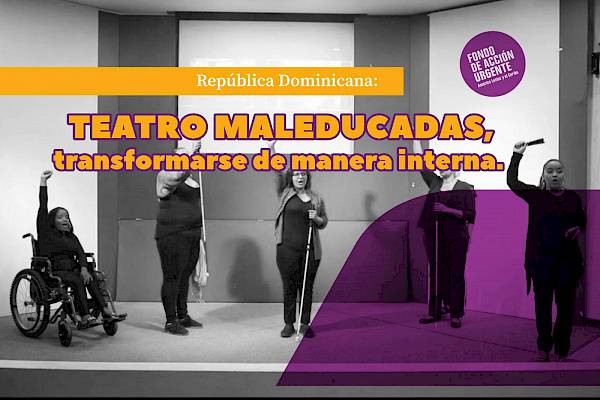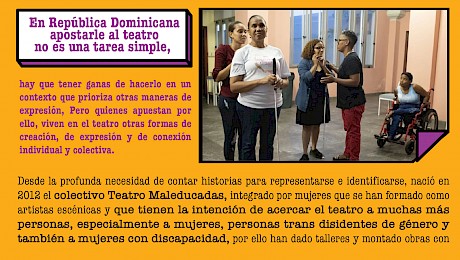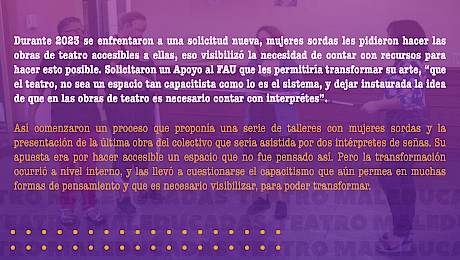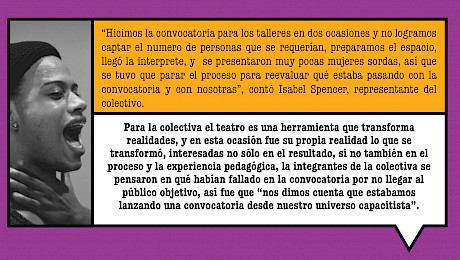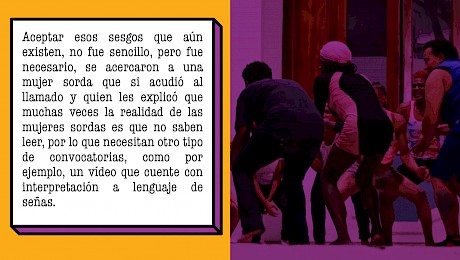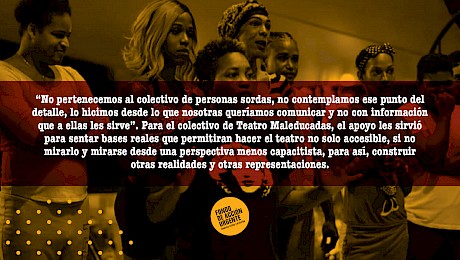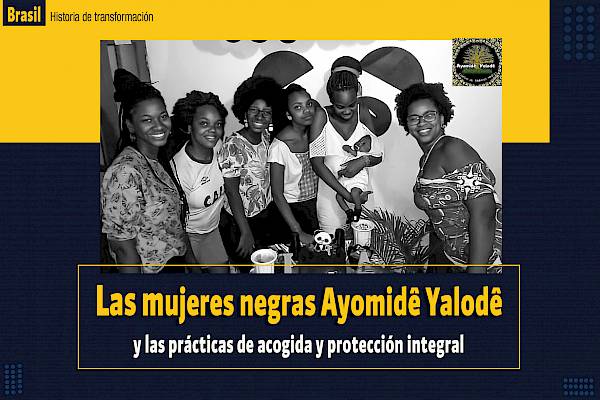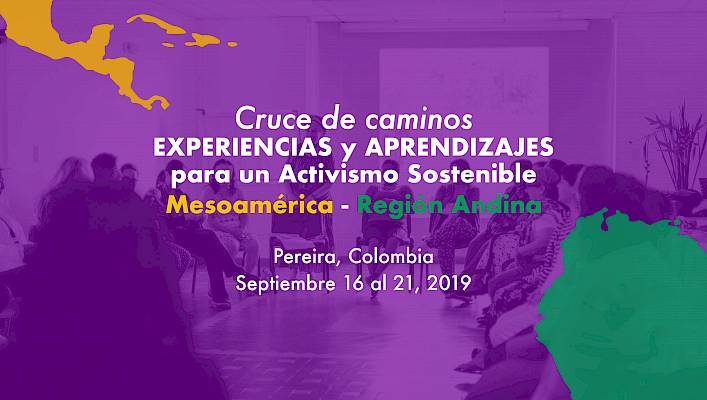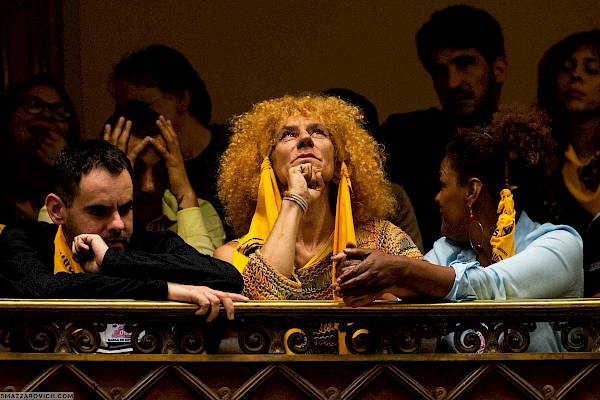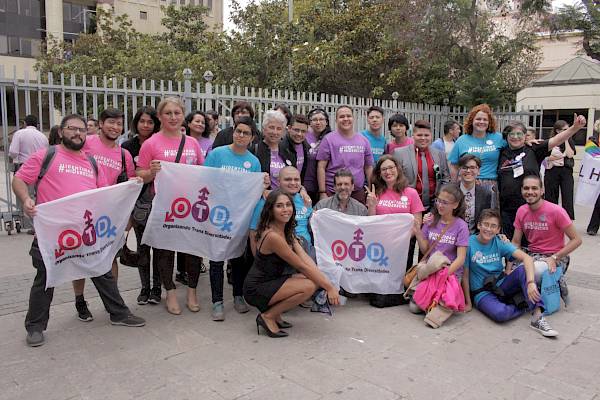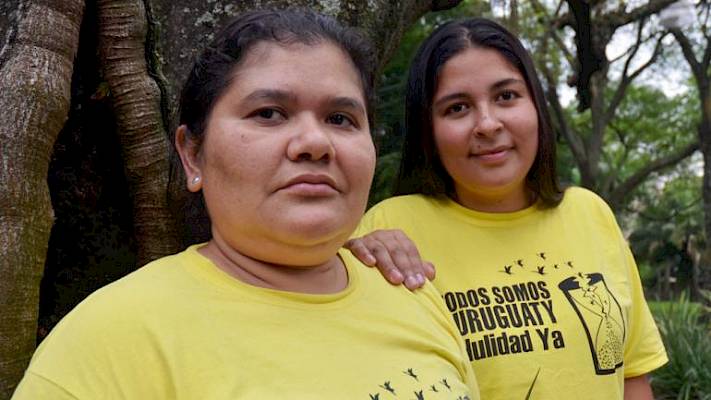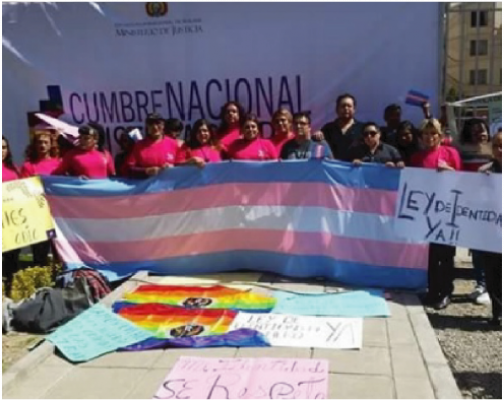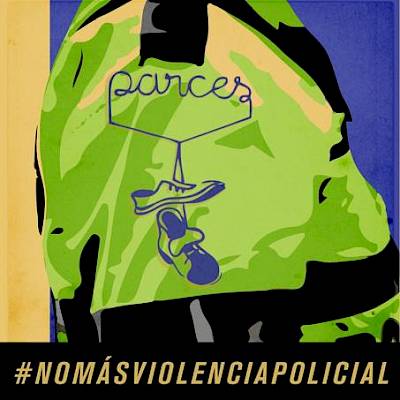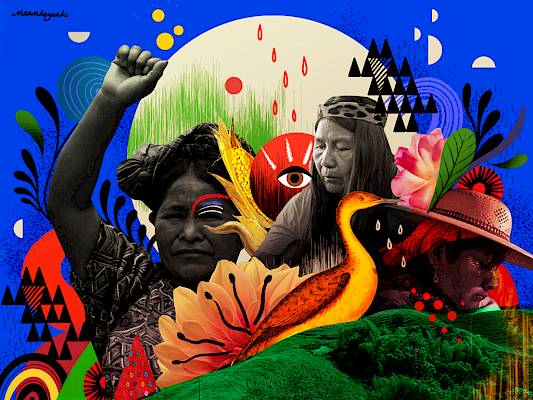Especial mujeres indígenas y territorios ante el desgobierno en tiempos de pandemia
En el 2020, la pandemia del Covid-19 desató una crisis en distintos ámbitos de la vida, con impactos particulares en la vida de las comunidades. En América Latina esta crisis ha develado y profundizado las desigualdades sociales históricas, atravesadas por razones de raza, clase, género, orientación sexual, edad y discapacidad, entre otras. La pandemia y las respuestas de los gobiernos frente a esta, han traído mayores afectaciones para las poblaciones que ya enfrentaban discriminaciones y violencias estructurales y la precarización en los servicios de salud, educación, empleos formales y acceso a redes de información. Esta situación ha afectado aún más gravemente a las comunidades rurales productoras de alimentos que, por depender en gran parte de la economía informal, han visto en riesgo sus ingresos y posibilidades de sostenimiento comunitario. Lo que se suma al creciente riesgo de contagio debido a la continuidad de las actividas extractivas en sus territorios durante las medidas de cuarentena.
Actualmente en la Región, el virus está en una fase de internalización, alcanzando a muchas comunidades rurales y territorios alejados de las grandes ciudades. En este contexto, los pueblos indígenas están siendo los más afectados por la pandemia. Al respeto, la Comisión Interamericana de Derechos Humanos (CIDH) por medio de la “Resolución Pandemia y Derechos Humanos en las Américas”, reconoce a los pueblos indígenas como “grupos en situación de especial vulnerabilidad”. Aunque la pandemia ha tenido un desarrollo particular en cada país, la situación en las comunidades pone de manifiesto similitudes regionales, donde se constata la falta de respuesta efectiva por parte de los gobiernos para garantizar los derechos y la protección efectiva de los pueblos indígenas ante la expansión del virus.
No obstante, el Covid-19 no es la primera pandemia que los pueblos indígenas enfrentan, ni tampoco la primera crisis que impacta sus cuerpos, sus vidas y su pervivencia física y cultural. Las comunidades han mantenido y construido sus modos de vida y permanencia con base en conocimientos ancestrales y adaptaciones colectivas al contexto global y local, desde las primeras invasiones a sus territorios hace más de 500 años. Por ello, para el FAU-AL es un compromiso político y ético crucial en estos tiempos, denunciar la situación que se está viviendo en los territorios indígenas, desde las propias voces de las mujeres que los defienden.
Para contar estas historias conspiramos junto a dos medios feministas con una línea editorial desde y para el Sur: La Ruda en Guatemala, la primera revista digital dedicada exclusivamente a relatos de mujeres defensoras de los territorios de Abya Yala y AZminas en Brasil, que através de su revista y app, mezclan el periodismo, la tecnología y la información veraz, para luchar contra el machismo. Ambos medios se dieron a la tarea de ahondar en los contextos de las comunidades que acompañamos desde el Fondo de Acción Urgente para América Latina y a su vez, hilar estos relatos con los de mujeres de otros territorios cercanos a sus experiencias activistas. Juntas creamos dos reportajes que entrelazan las vivencias actuales de mujeres indígenas en seis países de América Latina.
Aunque muchos pueblos indígenas no cuentan con el apoyo estatal necesario para enfrentar la pandemia, desde el autogobierno las protagonistas de estas historias y sus comunidades, se organizan para garantizar el sostenimiento de la vida desde el cuidado colectivo, sus saberes ancestrales y la solidaridad entre los pueblos y las personas. Los pueblos indígenas siguen en permanente resistencia para que su vida, sus territorios y derechos sean garantizados por los Estados.
Como Fondo feminista regional de Acción Urgente, nuestra misión es contribuir a la sostenibilidad y el fortalecimiento de los movimientos de mujeres y feministas, apoyando las resistencias y demandas de las defensoras y activistas en la transformación de sistemas de injusticia y desigualdad. Por ello, buscamos con esta iniciativa periodística visibilizar la actual resistencia de las guardianas de la vida y apoyar sus acciones transformadoras, que permiten la pervivencia de sus pueblos y la memoria viva de sus mayoras y mayores. Así mismo, queremos elevar sus voces de denuncia ante los gobiernos, para que las medidas necesarias de protección y mitigación de la pandemia sean respetuosas de sus derechos, prácticas y cosmovisiones.
